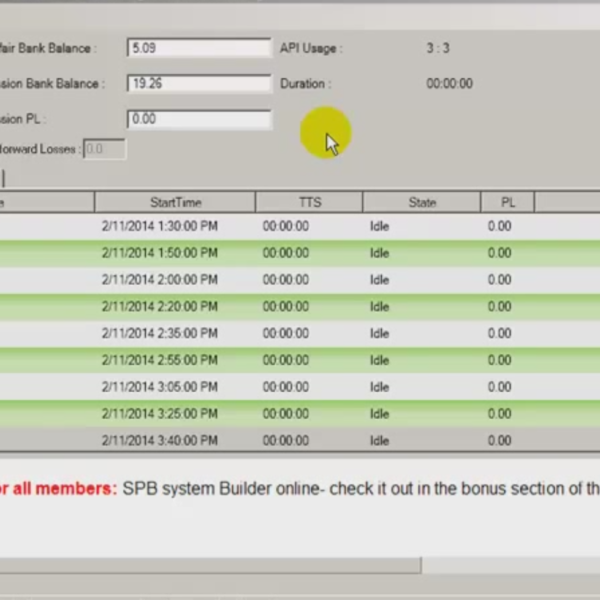How much of an online life do you lead? Are you sure you’re safe with it? Regardless of whether your digital life is expansive or relatively small, it could be at risk.
Despite online security becoming increasingly complicated, cybercrimes have also done so. Coupled with that is the increasing impact that being online can have on mental health.
Knowing how to protect your online wellbeing is vital. There can be more involved in this than you might think.
Multiple steps could need to be taken, and you could need a few tips and tricks. More than a few of these stand out.
How To Protect Your Online Wellbeing: 3 Top Tips
Safeguard Yourself
Knowing how to safeguard yourself online doesn’t have to be difficult. It could be as simple as installing a few apps on your computer or mobile device.
Everything from a VPN to a data privacy service can be recommended. Some of these could come at a cost, so it’s worth comparing options before making a decision.
Once you’ve invested in them, however, you’ll be much better protected against hacks, identity theft, and more. These shouldn’t affect your browsing experience.
In contrast, it’ll be as smooth as normal, but with extra safety precautions.
Keep Time to A Minimum
Do you know how much time you spend online? Chances are, it could be more than you’d want. The longer you’re online, the more it can affect your mental health.
That’s especially true of social media. Multiple studies have highlighted the impact of this on mental health. These reports have also highlighted that, the longer you’re online, the more compounded this can be.
While it might be impossible to stay off the internet completely, it’s worth keeping it to a minimum. Sticking to the necessities, and perhaps a few optional extras, should help you with this.
You should also avoid any sites that negatively affect your wellbeing.
Think Critically
Fake news has become increasingly more commonplace online. It’s also become more difficult to identify. You’ll need to be critical about what you read online.
You should keep multiple things in mind with this, including:
- Who is making the claim?
- Are they reliable?
- What evidence is there?
- Are other, reliable sources making similar claims?
With social media, each of the above questions are especially vital. False information can spread quickly.
Sites that host such information could also be risky; while many don’t contain malware and similar unwanted software, some do. Ensure you don’t click on these links by thinking critically beforehand.
How To Protect Your Online Wellbeing: Wrapping Up
If you don’t know how to protect your online wellbeing, you could suffer multiple consequences. Hacks could lead to financial crimes, identity theft, and more.
Alongside this are the potential consequences of being online can have on your mental health. Protecting yourself against these is vital.
Multiple tips and tricks can be used to do this. While that means spending time putting in the effort to do so, it’s something that’ll reap dividends in the future.
Image Credits: MarieXMartin




Like this article? Share with your friends!